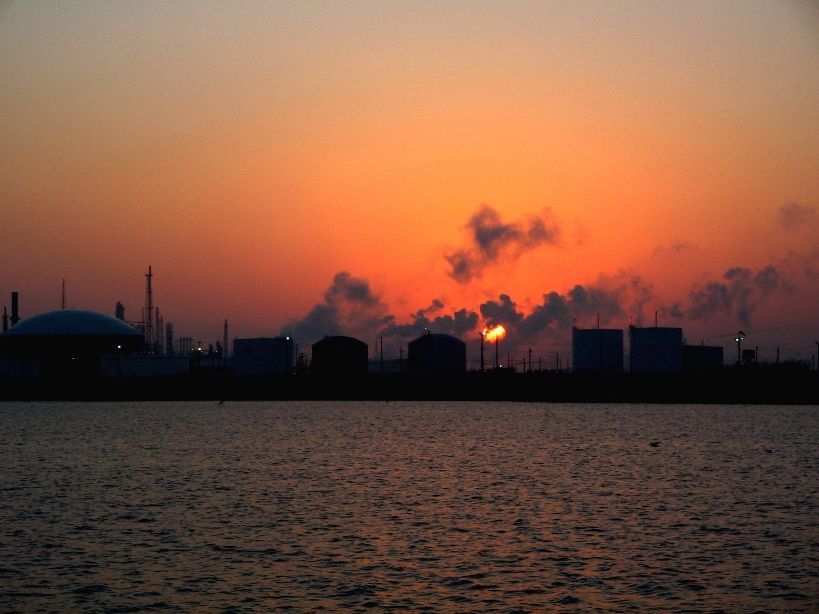Met Office forecast finds world heading for warmest decade
The Met Office has warned that the world is heading for its warmest decade since records began.

The Met Office has warned that the world is heading for its warmest decade since records began.
The forecast for the global average surface temperature for the five year period to 2023 is predicted to be near or above 1.0 degrees Celsius, above pre-industrial levels.
Professor Adam Scaife, Head of Long-Range Prediction at the Met Office, said: “2015 was the first year that global annual average surface temperatures reached 1.0 °C above pre-industrial levels and the following three years have all remained close to this level. The global average temperature between now and 2023 is predicted to remain high, potentially making the decade from 2014 the warmest in more than 150 years of records.”
The Met Office says there is a 10 per cent chance that there will be a year in which global average temperature will rise above 1.5 degrees Celsius.
Last year, the IPCC released a stark report which warned of the difference between a temperature rise of 1.5 and 2.0 degrees Celsius.
Dr Doug Smith, Met Office Research Fellow, said: “A run of temperatures of 1.0 °C or above would increase the risk of a temporary excursion above the threshold of 1.5 °C above pre-industrial levels. Predictions now suggest around a 10 per cent chance of at least one year between 2019 and 2023 temporarily exceeding 1.5 °C.”
The effects of climate change are not limited to surface temperature. Warming of the climate system is seen across a range of climate indicators that build a picture of global changes occurring across land, atmospheres, oceans and ice.
A new report has found that climate change will change the colour of Earth’s oceans by the end of the 21st century.
The change in the Earths heat will mean that there will be less phytoplankton in waters in the decades to come. As a result, the researchers found that by 2100, more than 50 per cent of the world’s oceans will shift in colour.
Photograph: Ashish






_400_250_80_s_c1.jpg)